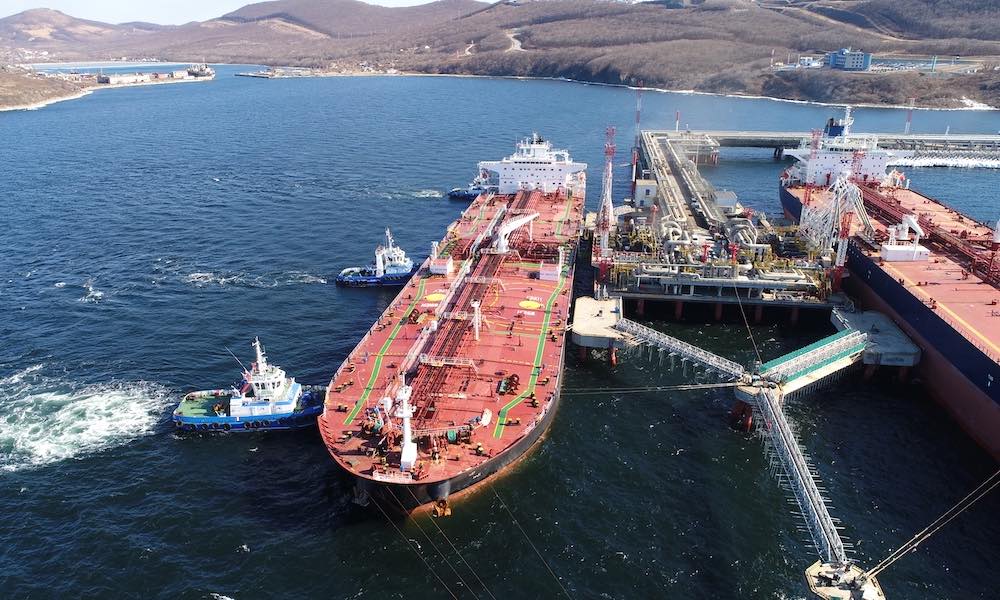Trump Enacts Major Sanctions on Russian Oil Giants

In a significant escalation of economic pressure, President Donald Trump has announced extensive sanctions targeting Russia’s leading oil producers, Rosneft and Lukoil. This move, described as his most comprehensive energy crackdown since taking office, aims to compel Moscow to engage in peace negotiations. The sanctions will sever these companies from U.S. banking and dollar systems, likely disrupting Russian crude exports to India and prompting Chinese refiners to halt their purchases. As a result, global tanker trade routes are expected to shift, increasing demand for non-Russian oil on long-haul voyages. Additionally, coordinated sanctions from the EU and UK are now focusing on China-linked entities and Russia’s expanding shadow fleet.
Impact on Global Oil Trade
The sanctions imposed by the U.S. are poised to have a profound impact on the global oil market. By cutting off Rosneft and Lukoil from the U.S. financial system, the Trump administration is not only targeting Russia’s economy but also reshaping international trade dynamics. Analysts predict that Russian crude exports to India will plummet, as the sanctions make it increasingly difficult for these transactions to occur. Furthermore, Chinese refiners, who have been significant buyers of Russian oil, are expected to pause their purchases, leading to a reconfiguration of global supply chains.
This shift in trade patterns could lead to a surge in demand for oil from other regions, particularly from countries that can fill the gap left by Russian exports. As tanker routes are redrawn, the maritime industry may see increased activity in non-Russian oil markets. The implications of these sanctions extend beyond immediate economic effects; they also signal a broader geopolitical strategy aimed at isolating Russia and compelling it to reconsider its current policies.
Industry Insights and Expert Opinions
In related developments, Konstantinos Kyriakopoulos, CEO and co-founder of DeepSea, shared insights during a recent interview with Maritime CEO. He emphasized that the maritime industry has evolved past initial experimental phases and is now focused on robust technological advancements. Kyriakopoulos highlighted three key drivers for this transformation: widespread adoption of new technologies, the need for cohesion within the industry, and the importance of delivering tangible results.
Moreover, the ongoing changes in the maritime sector are reflected in the increasing frequency of flag-hopping among vessels in the shadow fleet. This trend has led to unprecedented fluctuations in registry numbers, as discussed in the latest episode of the Splash Wrap podcast. The combination of geopolitical tensions and evolving industry practices underscores the dynamic nature of global shipping and energy markets, making it essential for stakeholders to stay informed and adaptable.
